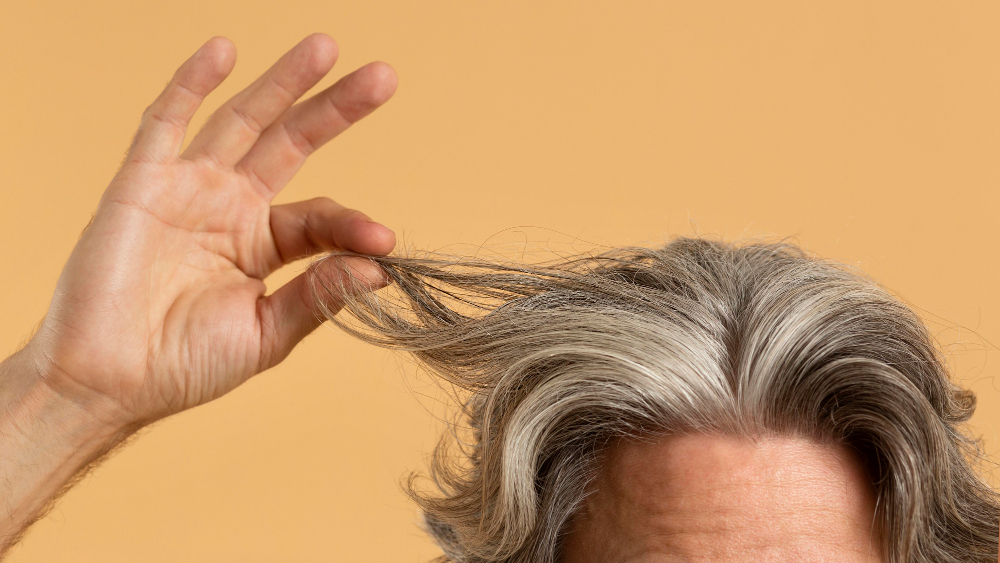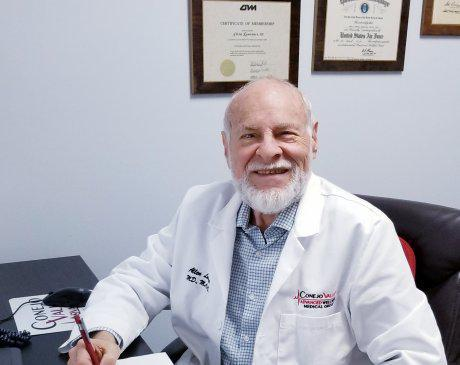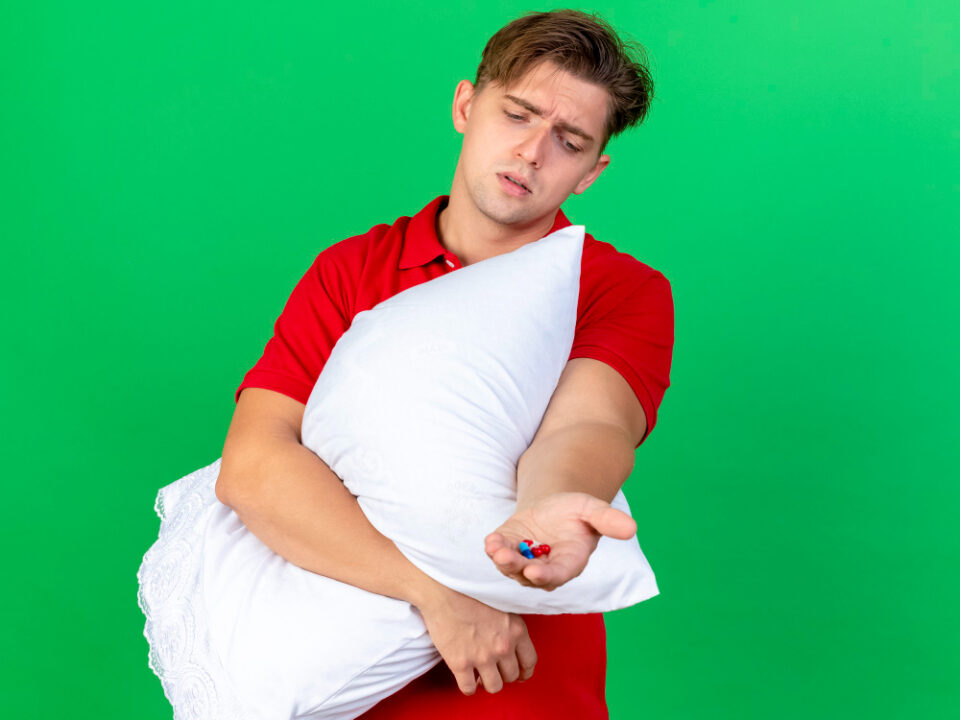- 21103 Vanowen St Woodland Hills, CA 91303 | Call us today!
- 310-879-9266
TRT and HRT Skin and Hair Condition

What is the overall Impact of Testosterone Replacement Therapy (TRT) and Hormone Replacement Therapy (HRT) on Skin and Hair Conditions?
Testosterone Replacement Therapy (TRT) and Hormone Replacement Therapy (HRT) are medical treatments widely used by individuals suffering from hormonal imbalances. While these therapies have proven beneficial for various health conditions, they also exert significant effects on skin and hair health.
TRT primarily caters to men with low testosterone levels, aiding in restoring their hormone levels to normal. On the other hand, HRT is commonly prescribed to women undergoing peri-menopause and menopause to alleviate symptoms caused by a decrease in estrogen and progesterone levels.
Common Skin Conditions Associated with Male and Female Hormone Deficiencies:
HAIR CONDITIONS:
TRT’s impact on hair health is a double-edged sword. While TRT often promote body and facial hair growth, it might also expedite male pattern baldness in some individuals with a genetic predisposition for this problem. This occurs because testosterone is converted into Dihydrotestosterone (DHT), a hormone known to shrink hair follicles and contribute to hair loss.
HRT, particularly estrogen therapy, positively affects hair health in women. Estrogen is known to prolong the growth phase of the hair cycle, potentially leading to thicker, healthier hair. However, abrupt changes in hormone levels can sometimes induce temporary hair loss, known as telogen effluvium.
TRT and HRT can have substantial effects on skin and hair health, ranging from beneficial to adverse. It is crucial for patients to discuss these potential side effects before starting either of these therapies. Personalized treatment plans, monitoring, and adjustments can help prevent undesired side effects and enhance the overall effectiveness of these therapies on the skin and hair.
SKIN CONDITIONS:
Changes in hormone levels can significantly impact the skin. For instance, testosterone has an essential role in the production of sebum, a substance that helps to moisturize and protect the skin. Therefore, TRT can potentially increase sebum production, leading to oily skin and, in some cases, acne.
Likewise, HRT’s influence on the skin is quite profound. Estrogen, a hormone replenished through HRT, is crucial in maintaining skin elasticity, moisture, and collagen production. Women undergoing HRT often experience improved skin texture and hydration, reducing the appearance of wrinkles and dry skin commonly associated with menopause. In women skin irritation can occur when using topical testosterone in either a gel or patch form. Topical testosterone solutions can sometimes cause local skin irritation or allergic reactions.
MEN AND TESTOSTERONE USE:
Negative Skin and Hair Issues In Men
- Acne and Oily Skin: Increased testosterone can stimulate sebaceous glands, leading to acne and oily skin.
- Hair Loss: Elevated levels of testosterone can convert to dihydrotestosterone (DHT), which is linked to male pattern baldness.
- Skin Irritation: Topical testosterone gels or patches can sometimes cause local skin irritation or allergic reactions.
Positive Skin and Hair Benefits With Testosterone Use in Men
- Improved Skin Thickness and Elasticity: Testosterone can enhance collagen production, leading to thicker and more elastic skin.
- Increased Hair Growth: Some men may experience increased facial and body hair growth.
- Enhanced Wound Healing: Testosterone may improve the skin’s ability to repair and regenerate after injuries.
WOMEN AND ESTROGEN USE
Negative Skin and Hair Issues In Women Associated with Estrogen Use
- Skin Sensitivity: Some individuals may experience increased sensitivity or allergic reactions to HRT formulations.
- Hyperpigmentation: HRT, particularly estrogen, can sometimes cause melasma or other forms of skin hyperpigmentation.
- Hair Shedding: During the initial stages of HRT, some individuals may experience increased hair shedding or changes in hair texture.
Positive Skin and Hair Benefits With Estrogen (Estradiol) Use in Women
- Improved Skin Hydration and Elasticity: Estrogen in HRT can enhance skin hydration and elasticity by increasing collagen production and maintaining skin thickness.
- Reduction in Wrinkles: With improved collagen production, fine lines and wrinkles may be reduced.
- Hair Growth and Texture: Estrogen can improve hair density and texture, often resulting in thicker and healthier hair.
- Reduction In Androgenic Hair Loss: For women experiencing male-pattern baldness due to androgen excess, HRT can help reduce hair loss by balancing hormone levels.

Article by Dr. Allen Lawrence, M.A., M.D., Ph.D.




